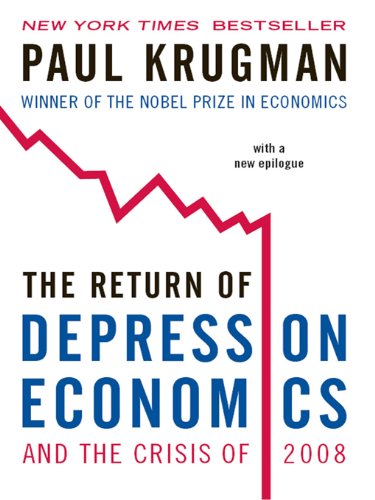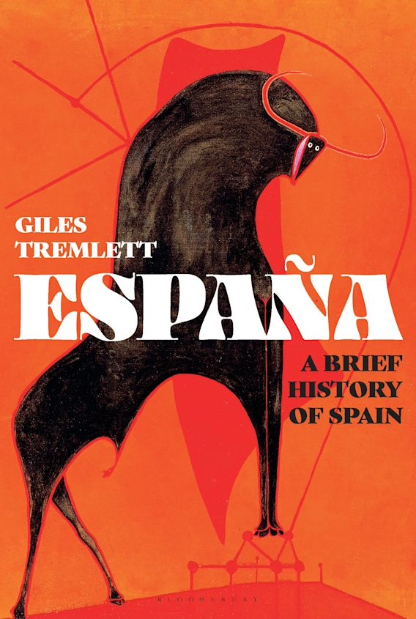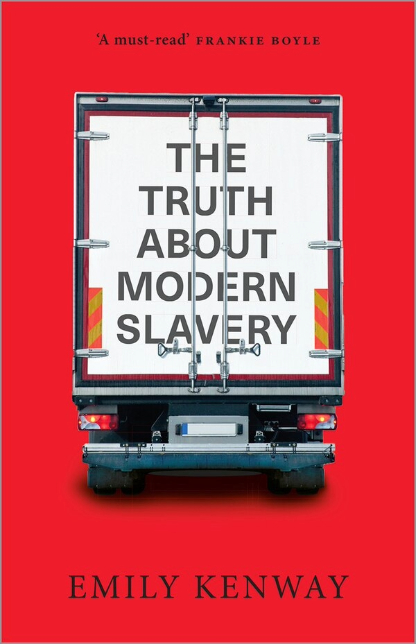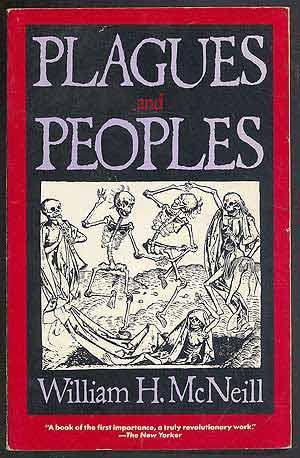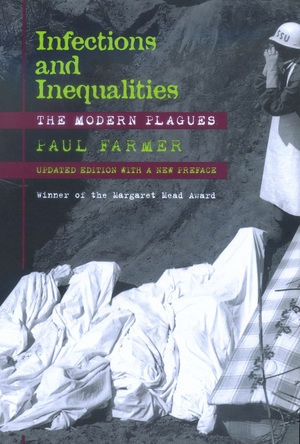In the Red Corner: The Marxism of José Carlos Mariátegui, Mike Gonzalez, Haymarket Books, 2019, pp. 231, ISBN978-1-60846-915-4
In activist, and to an extent academic circles, Marxist theory tends to be Eurocentric with its focus on a particular strand of ideas developed in Europe. This is reflected in the theorists that spring to mind when one thinks of socialism. Other than Marx, Lenin, Trotsky, Gramsci, and the Frankfurt School theorists feature prominently in any analysis of capitalist development and its consequences on the society. However, this ignores a very rich tradition of interpretations of Marx beyond Europe’s borders and is, in a sense, contrary to the Marxist method. In South and East Asia, Africa and the Middle East, as well as Central and Latin America, people’s struggles forged critiques of capitalism uniquely suited to their circumstances.
Such was the case with the ‘pink tide’ that swept Latin America at the close of the 20th century as a response to the neoliberal plunder of its natural resources and the destruction of indigenous communities and the working class. Three governments in Ecuador were overthrown by a popular uprising led by the indigenous communities, whereas in Bolivia, the attempt to privatize water resources was repelled in the Cochabamba Water Wars in 1999/2000. In Venezuela, attempted coup against Hugo Chavez was fought off by the people who took to the streets and reinstated the President. These struggles, as well as the ones that preceded them in the 20th century Latin America could be seen, according to Michael Lowy, as “an extended exegesis on the writings of José Carlos Mariátegui,” one of the most creative Marxist thinkers to emerge out of the continent.
Unfortunately, English language biographies detailing the life and thought of Mariátegui are scarce, so Mike Gonzalez’s In the Red Corner plays a crucial role in introducing the thinker to the English-speaking audience beyond Mariategui’s already-published Seven Interpretive Essays on Peruvian Reality.
Gonzalez examines Mariategui’s brief life and thought to offer a portrait of an original and creative thinker that influenced the development of socialism in Peru. Born in 1894 to a mother with indigenous ancestry and a criollo father, Mariategui grew up amidst the social and economic transformation of Peru. Capitalism had started making inroads into the country, with foreign capital getting involved in mining, agriculture, rubber, textiles and oil. With the domestic economy transformed to serve the foreign markets, Peruvian peasantry and the Indigenous populations were turned into wage-labourers. Big factories began emerging and with them incipient worker’s organizations. By 1916, violent uprisings took place and workers declared general strikes, both of which were brutally suppressed by the State.
As the State brutalized the workers and the indigenous, Mariategui seemed to have been uniquely positioned to interpret these as a worker in a printing press, and later as a journalist at an anarchist publication La Prensa. As such, he belonged to an avant-guard circle Colonida, which espoused the viewpoints of European fin-de-siecle poets and their weariness and general disenchantment with the bourgeois culture. This was reflected in Mariategui’s early journalism, which mixed anarchism with an impassioned critique of education, morality, the role of women and religiosity. Although he maintained that the general outlook of Nuestra Epoca and La Razon, the two journals he founded, was socialist. This, in turn, allowed him to distance himself from the dogmatism of the Second International and interpret socialism independently of the Comintern and the Second International.
The critical period to the formation of Mariategui’s thought was his time spent in Europe, where he attended debates among the Italian socialists and witnessed workers’ uprisings and factory occupations in Turin, Milan and Genoa. There he listened to debates between reformers and revolutionaries and saw the Socialist Party of Italy acquiesce to electoralism and learned the important lessons of the role of intellectuals and the press, as well as the question of the Party and culture in the advancement of socialism. It is his European experience that led him to articulate the idea of a new revolutionary subject embodied in the “multitude,” long before Hardt and Negri revived the concept. While Hardt and Negri’s use of the term veils its meaning, Mariategui sees in it the revolutionary social collective that would form the basis of the united front strategy against capitalism. In its Peruvian reality, the multitude embraces the peasants, artisans, agricultural workers outside the wage system and the indigenous people, and as such, moves away from the European understandings which see the progressive class embodied in a monolithic proletariat. Including people whose position within the economic system affords them a unique perspective on the effect of capitalism on their communities could only enrich the movement and make it stronger. Mariategui saw that the oppression of the indigenous communities lies at the heart of the economic system that dominated and exploited their land. The land here is used to denote not only the physical land but also various relationships that develop on it between indigenous communities and nature.
Mariategui believed in the revolutionary power of the “social myth,” an anticipatory vision of an alternative world. Ben Dangl developed this point in his examination of the inspirational and strategic role played by the past indigenous resistance against colonialism in informing present struggles in Bolivia. He drew parallels in organization, strategy and vision between them and outlined their emancipatory future. Mariategui sees in the social myth an image of the world without classes, exploitation and capitalism. Without affording them universal timelessness, Mariategui acknowledges that the original experience of primitive communism among the Incas was different from what would develop now, noting that “modern communism is a very different thing from Inca communism.” It is precisely here that his historical materialism comes to the fore to analyze the historical experience of Latin America. He does not advocate the return to a system of autocratic governance that rested on slave-labour of the early Inca, but analyzes how the imperial conquests interacted with it and what they produced, which is what differentiates it from the European experience and produces different results. It is this experience that will shape the revolution. Replicating strategies of European socialists would, therefore, be impossible, simply because of different realities. In this context, it is easy to see how such opinions resulted in him being labelled a romantic and a nationalist.
Upon his return to Peru from Italy, Mariategui became more involved in the education of the workers delivering public lectures at public universities. He had also founded a socialist party and participated in the formation of the Peruvian Trade Union Congress for which he wrote a manifesto, showing that he was not only an intellectual but also an organizer. It also highlights the role of praxis, which he believed plays a crucial influence in the formation of a revolutionary proletarian subject. He agitated for a broad united front and his newly founded publication Amauta played an essential role in deepening and extending links between the indigenous people and the workers’ movement. Amauta was a Quechua term, which emphasized the centrality of the indigenous question. The publication effectively distilled the Marxism of Mariategui and purged the anarchist elements from his thought.
Mariategui’s life was cut short by an illness in 1930, which prevented him from completing his project of uniting the revolutionary subject in a proletarian party. Stalin tarnished Mariategui’s legacy due to his refusal to follow the line the Comintern dictated from Moscow and form a communist party in the image of the CPSU. This, in turn, drove a wedge between the indigenous people and the workers, as the latter were likely to follow the line Moscow dictated. Further still, Sendero Luminoso appropriated his works and distorted its meaning, not only with the indiscriminate violence against the indigenous people and others but also in its rigid sectarianism and the cult of personality.
In light of these historical distortions and misappropriations, the work that sheds light on the life and thought of such important figures as José Carlos Mariátegui becomes all the more important and Mike Gonzalez’s book is a huge step in the right direction.
